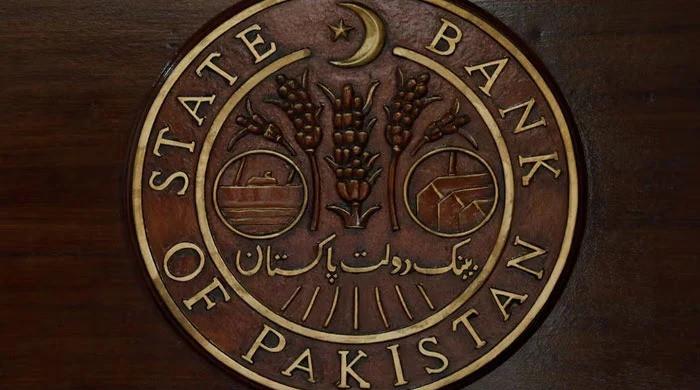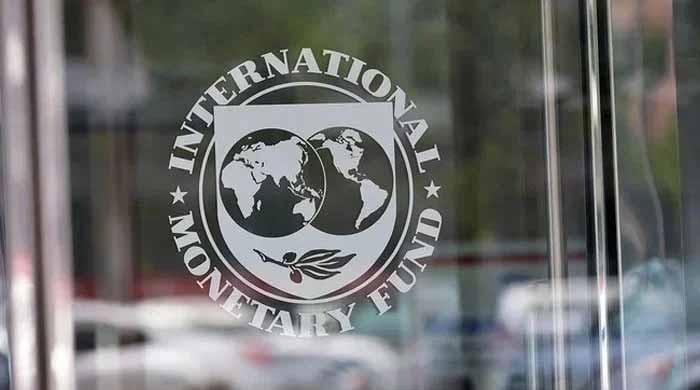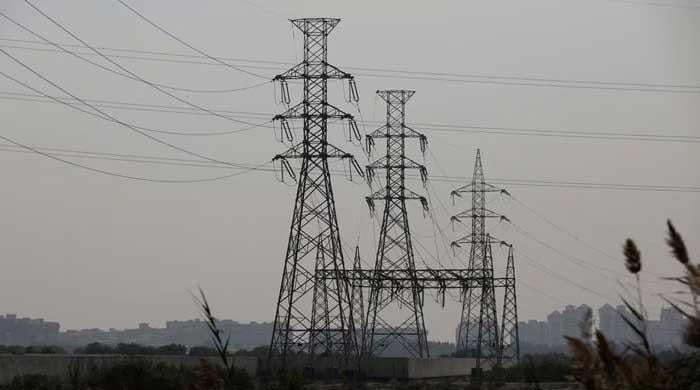NAB KP claims 'huge success' by saving Rs168.5bn in BRT project inquiry
Probe reveals contracts were illegally awarded to local and international firms
September 22, 2024

The National Accountability Bureau (NAB) Khyber Pakhtunkhwa claimed a 'huge success' on Sunday, saving Rs168.5 billion of the exchequer through the 'effective conclusion' of its investigation into the Bus Rapid Transit (BRT) Project in Peshawar.
The KP's anti-corruption watchdog successfully saved the provincial government from the contractor’s claim of Rs31.5 billion rupees in the International Court of Arbitration (ICA).
The NAB had initiated an inquiry in 2018 into the allegations of illegal award of contract, misappropriation of government funds and submission of bogus performance guarantees by the contractors in the BRT project.
"Progress in the case remained stationary for few years; however, the investigation was paced up under the command of the present DG and saved Rs168.5 billion through effective and efficient conclusion of investigation into a large scam of corruption," a press release said.
"This huge success could have been possible due to active collaboration of NAB with the KP cabinet, provincial administration and the Peshawar Development Authority (PDA) and their positive role throughout the process of settlement agreement," the state news agency reported.
The NAB investigation revealed that 6 contracts of civil works were illegally and unlawfully awarded to 4 joint ventures (JVs), consisting of 2 Pakistani firms and 3 international firms for 3 contracts of roads (Reach-I to Reach-III) and 3 contracts of buildings (Lot 1 to Lot 3).
According to the record submitted by contractors to the PDA, 3 international firms had 60 to 70% shares in the JVs.
However, the probe revealed that the JVs between local and international firms were merely on paper, in order to grab the mega contract illegally and fraudulently by the local contractors through leveraging the goodwill and financial capacity of the international firms.
After winning these contracts illegally, the said firms made supplementary contract agreements, according to which the actual work was carried out by the local firms while the international firms were paid 2% of the total tender value in return for leveraging their names and financial capabilities.
In this way, the three foreign firms not only played their part in cheating a government agency — PDA — but also received about Rs1 billion without doing any work.
Hence, the NAB widened the scope of investigation and thoroughly analysed more than 400 bank accounts related to the firms wherein it was corroborated that the local firms have transferred the amount to the bank accounts of the international firms on the same dates as mentioned in the supplementary contract agreements.
It is pertinent to mention here that PDA paid a 20% premium on the schedule rate to the contractors in order to complete the contract on international standards within a period of six months so that the better resources, modern technology and machinery of international firms be utilised in completion of the project.
However, in violation of these agreements, the contractor neither completed the project in the said period nor the international firms ever visited Pakistan for completion of the project.
The probe also revealed that the contractor had submitted two bogus local bank guarantees worth Rs2 billion to PDA. In addition to the above, 8 foreign bank guarantees amounting to Rs6.5 billion were also submitted in violation of the agreement.
The local contractors had also submitted audit reports which were proved bogus by the anti-graft watchdog via the Securities and Exchange Commission of Pakistan (SECP) and the chartered accountant of these firms.
It was also proved that the staff of the international firms claiming to work on the project, had visited Pakistan for eight to ten days only in the last five years.









